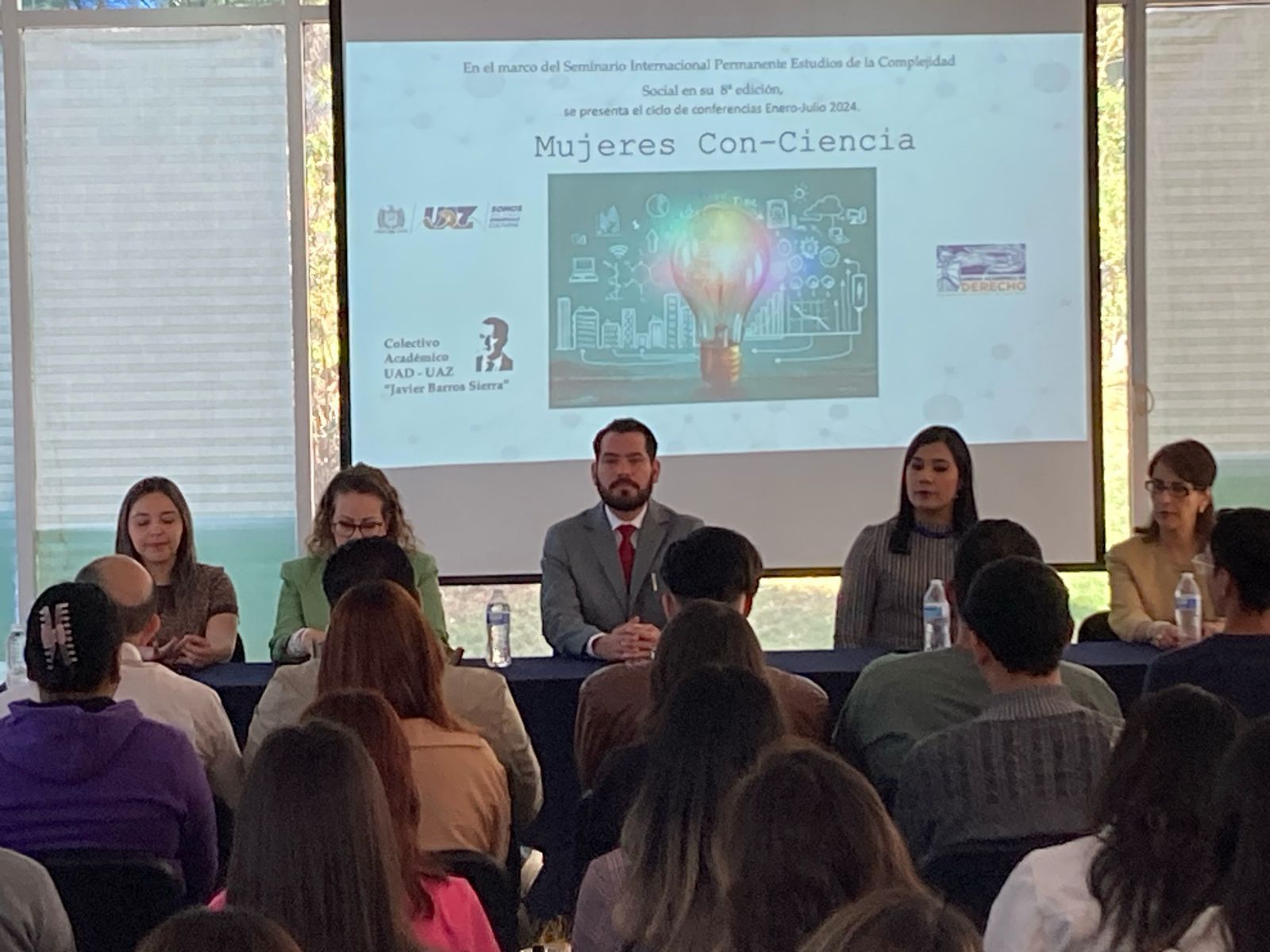We have all heard, either in the voice of a teacher or in a campaign to promote reading, that read makes us better people.
But, beyond a moral question or the increase of our knowledge, science seems to have discovered that read It changes us more than we think.
That’s right, a scientific investigation found that the reading directly affects our brain.
Here we tell you everything that is known about the way the brain changes due to reading habits.
(Photo: Pixabay)
The brain and reading
There are many types of readersFrom young people who enjoy reading fantasy and science fiction to college students who read several hundred-page technical books in a week to pass an exam.
Many, beyond school obligations, enjoy a lifetime read a good book, regardless of genre. It is not uncommon to find in parks, cafes and on public transport seats many readers passionate about their books.
Just because they are apparently passive beings, most do not realize that they have a neural system more developed than common humans, but it is.
Recent research has found that reading helps develop our brain capacities beyond normal.
Reading and brain neurons
Spanish neuroscientist Manuel Carreiras directed A study with researchers from different parts of the world claiming that readers’ brains contain a higher concentration of gray matter.
According to the research, reading helps to build firmer neural networks and that allows a greater concentration of Gray matter, the one that communicates to the two cerebral hemispheres.
To reach their conclusions, the team in charge of Carreiras measured the neural activity of a group of newly literate adults with that of another group of veteran readers.
“When reading, three areas of the outer cortex of the brain work: the frontal lobe, in charge of processing images; the occipital lobe, which associates the symbols we perceive, that is, the letters with a meaning, and also the temporal lobe. There are clear morphological differences between the brains of those who read and those who do not ”. Carreiras indicated.
According to the researcher’s words, the readers they develop more certain areas of the brain, the frontal lobe to build in our head the images of what we read; while for the association of symbols (the letters) we use the occipital lobe.
Some readings are better than others
Whether it’s traditional reading or digital reading, understanding the words in a book is a tough job for the brain.
“The brain is a very plastic organ. And reading is for the mind like going to the gym. Trigger complex and automated processes. That’s why they seem so simple to us ”.
Of so common, sometimes we forget that reading is complex. Reading implies a command of language, but also the ability to decipher graphic symbols and the ability to build images around them. All in a matter of seconds.
“In addition, when we read a text we predict, we fill in. There are word recognition processes. Reading is dynamic and is done by skipping letters and pieces of words. Therefore, to exercise memory and delay the symptoms of Alzheimer’s the best recommendation is to read regularly and speak a second language “
Of course, the Carreiras experiment also indicates whether the type of reading that we do. Reading an Archie comic is not the same as a technical book, and the quality of reading is not related to this, but the way it stimulates our brain.
A complex text will stimulate our neurons better, and a too simple book will not help us to think better.
Summarizing and explaining everything in a simple way, constant reading gives us a predisposition to create higher quality mental relationships, but it is equally important to take into account the type of information we read.





